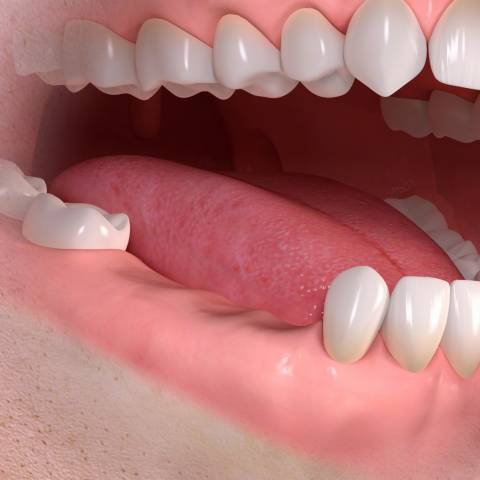The medicine functions by inhibiting a protein that hampers tooth development. Picture a future where losing teeth is no longer a concern.
Japanese scientists have uncovered a remarkable breakthrough that could bring this vision to life. A pioneering medication capable of regenerating teeth has demonstrated encouraging outcomes in animal experiments and is scheduled for human testing in September.
Created by Kyoto University Hospital, the drug has effectively regenerated teeth in ferrets and mice with minimal adverse effects. Headed by lead researcher Katsu Takahashi, the team aims to assist individuals afflicted by tooth loss or absence, a widespread condition impacting millions globally.
The upcoming human trial will enlist 30 men aged 30-64, each missing at least one molar. The intravenous therapy’s effectiveness on human teeth will be assessed. Should it prove successful, the drug may hit the market as early as 2030.
This medication functions by inhibiting a protein that impedes tooth growth, enabling the formation of new bone. This advancement offers promise to individuals with congenital tooth defects, partial tooth loss, or tooth loss due to environmental factors.
For individuals such as [insert example], who have battled tooth loss for an extended period, this medication could be a game-changer.
“I’ve attempted numerous therapies, but none have been successful. The prospect of regenerating my teeth is a dream come true,” they expressed.
The trial represents a ray of hope for those pursuing a lasting remedy for tooth loss. With its capacity to alter lives, this drug has the potential to reshape the dental industry indefinitely.










